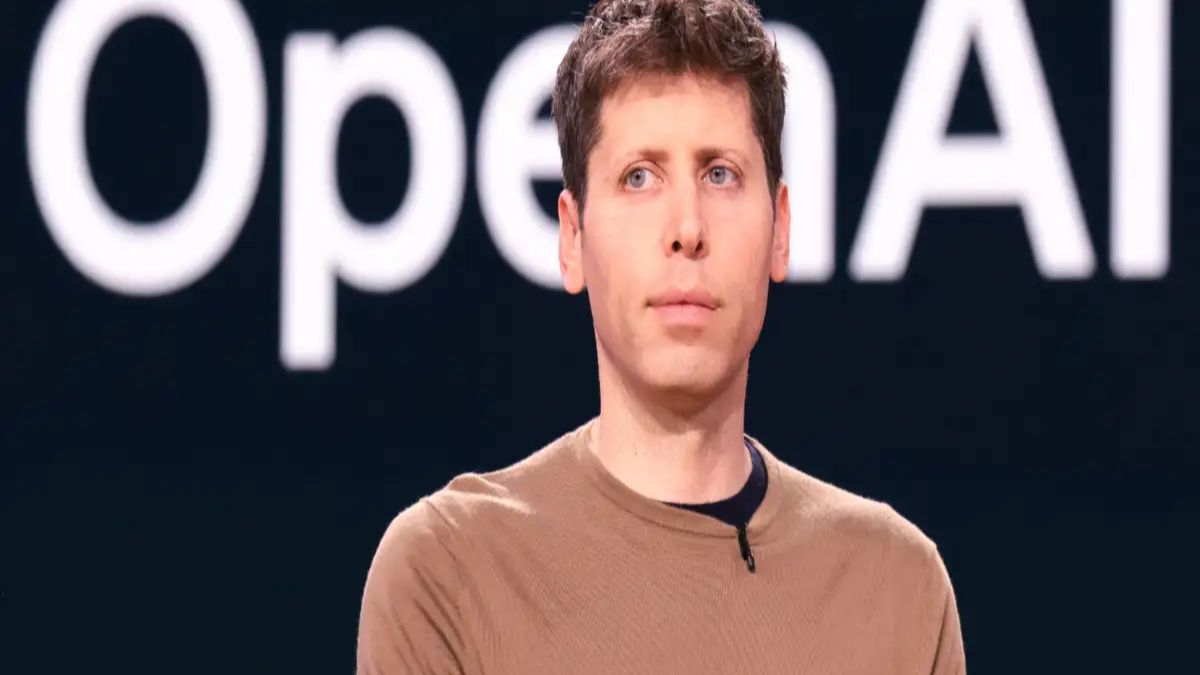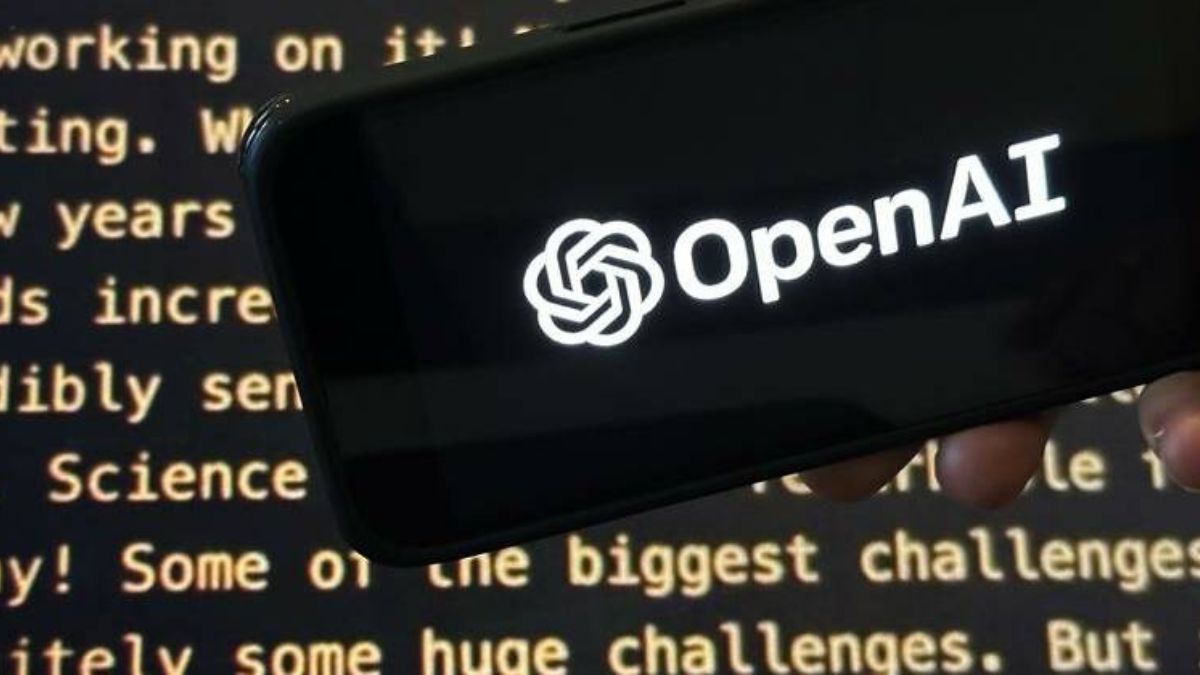OpenAI is investing tens of millions to make ChatGPT more polite and emotionally intelligent using human feedback. Discover how courtesy, trust, and safety are shaping the future of AI interactions.
The Surprising Investment: Why Politeness in AI Comes at a High Price
In a move that surprised both the tech industry and everyday users, OpenAI CEO Sam Altman revealed that the company is investing tens of millions of dollars to teach ChatGPT to be more polite. The goal? To embed social intelligence into the AI—ensuring it says “please,” “thank you,” and communicates in emotionally aware, human-like ways.
While these phrases may seem trivial, they’re at the heart of a transformative vision: an AI that not only answers correctly but also connects respectfully.
Human Training, Humane Responses: The Power of Reinforcement Learning from Human Feedback (RLHF)
At the core of this politeness initiative is Reinforcement Learning from Human Feedback (RLHF)—a training method involving thousands of human reviewers. These real people don’t just fact-check; they evaluate the tone, empathy, and emotional sensitivity behind each AI response.
This feedback loop helps ChatGPT deliver answers that are not only correct but also compassionate, calm, and considerate—turning AI into a more emotionally intelligent assistant.
Politeness Is Not Just Polite—It’s Foundational for Trust & Safety
According to Altman, the emphasis on courtesy is far from cosmetic. Politeness fosters user trust builds a sense of psychological safety, and is critical for AI’s role in sensitive areas like education, healthcare, and mental wellness.
A robotic or abrupt AI response can alienate users—or worse, cause emotional discomfort. By contrast, kind and measured responses help users feel respected, understood, and more comfortable engaging with AI.
Ethics by Design: How Soft Skills Are Becoming Hard Requirements in AI
OpenAI’s investment signals a growing industry shift toward ethical, human-centered AI design. As AI becomes more pervasive, the bar is rising—not just for what AI can do, but how it does it.
Tone, empathy, and social awareness are no longer optional. They are becoming core competencies for AI that wants to be truly helpful in the human world.
The High Cost of Alignment: Why OpenAI Thinks It’s Worth It
The tens of millions being spent aren’t for hardware or flashy features—they’re for human judgment. Training AI through human feedback is labor-intensive, but Altman insists it’s necessary to keep AI aligned with ethical standards, avoid harmful content, and ensure it communicates like a responsible digital partner.
In his words, “It’s not just about intelligence—it’s about intelligent behavior.”




